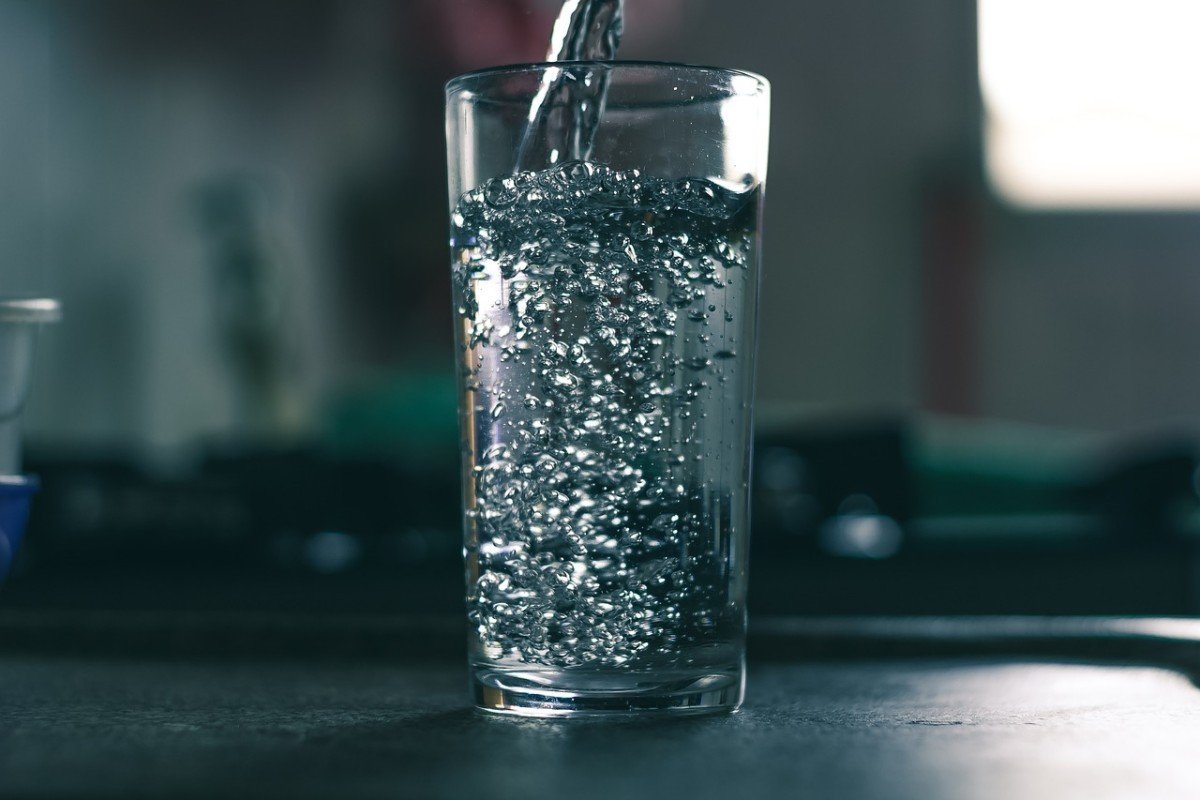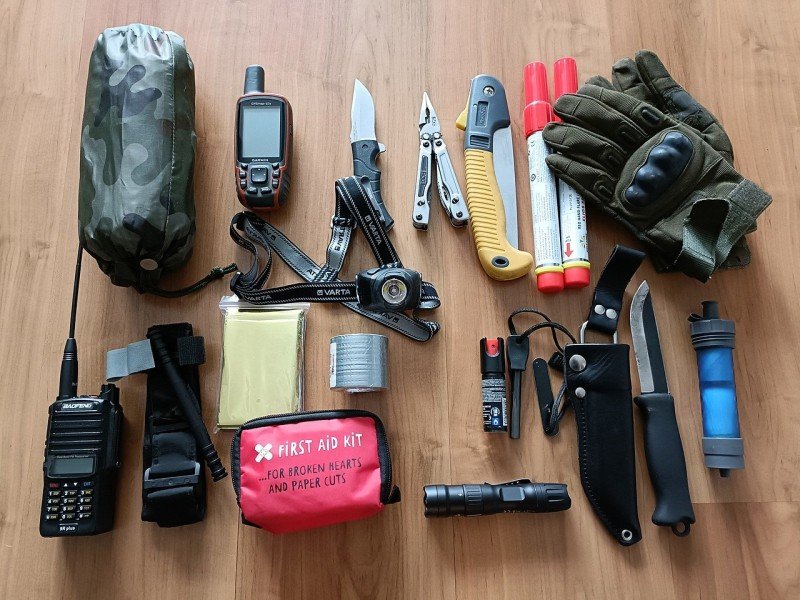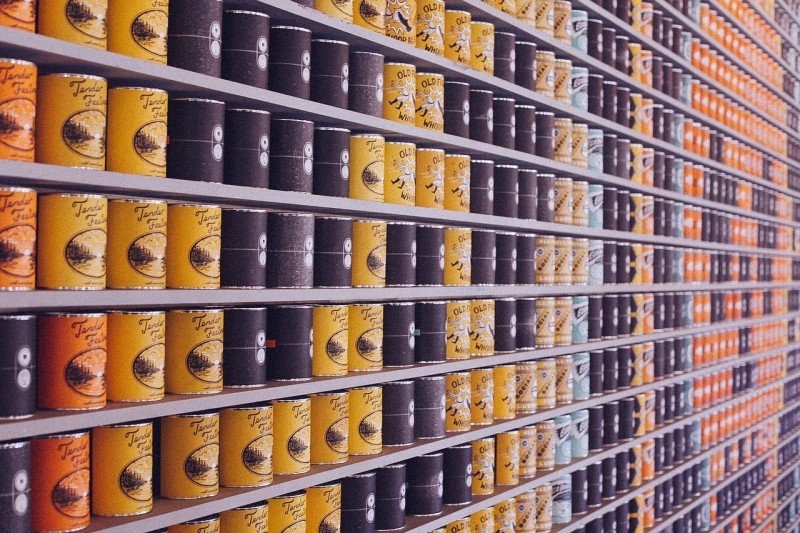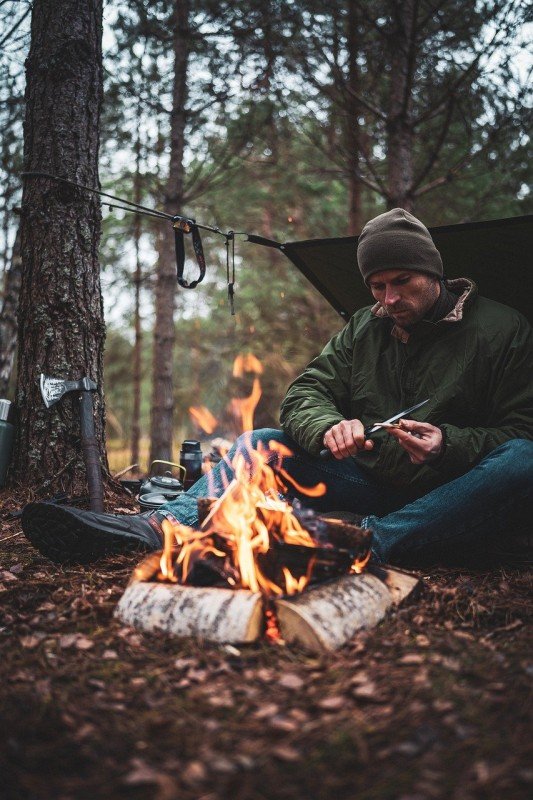1. Water Jugs and Containers
These are your best friends for short-term storage. Look for durable, BPA-free containers that can hold a gallon or two. They’re lightweight and easy to fill up and transport. Make sure to label them with the fill date so you always know what’s fresh.
2. Water Barrels
For larger quantities, a water barrel (typically 55 gallons) is an excellent choice. They’re perfect for long-term storage and can be used to collect rainwater too. Just remember to keep them in a cool, dark place to keep the water clean and safe.
3. Water Purification Options
Even with storage solutions, it’s a good idea to think about how to treat the water. Portable water filters, purification tablets, and UV light purifiers can make any water source safe to drink. Having these on hand gives you peace of mind for unexpected situations.
4. Mylar Water Bags
These are a more space-saving option. They can hold 4-5 gallons and are great for packing into tight spots in your storage area. Just make sure to protect them from sharp objects to avoid punctures.
Best Water Filters for Preppers
When it comes to prepping, having a reliable water source is key. But it’s not just about having water—it’s about having clean water. That’s where the best water filters come into play. Let’s dive into some top choices that will keep your supply safe and sound.
1. Gravity Filters: These filters are perfect for emergency situations. You just fill up the top with dirty water, and gravity does the rest. The Berkey Gravity Filter is a favorite among preppers. It removes bacteria, viruses, and even some heavy metals, making it a solid choice for both daily use and emergencies.
2. Portable Water Filters: If you’re on the move, a portable water filter can be a lifesaver. The LifeStraw Personal Water Filter is compact and easy to use. Just sip through the straw, and you’re getting filtered water on the go. It's lightweight, making it perfect for bug-out bags or hikes.
3. Pump Filters: These are great when you want to filter larger quantities of water. The Katadyn Hiker Pro is a popular choice among outdoor enthusiasts. It’s fast and efficient, removing protozoa and bacteria, so you can fill up your containers without worry.
Choosing the right water filter can make a huge difference in survival situations. Look for filters that fit your needs, whether you're prepping for a natural disaster or just want to be ready for anything. Start with one and see how it complements your overall prepping strategy!
Top Water Purification Techniques
When it comes to prepping, having clean drinking water is a must. You never know when you might need to rely on survival techniques to purify water. Here are some of the top water purification methods that are easy to use and effective.
1. Boiling
Boiling water is one of the simplest and most tried-and-true methods. Just bring water to a rolling boil for about 1-3 minutes, and it’ll be safe to drink. It kills bacteria, viruses, and parasites. Just be cautious about the fuel source you’ll need to keep the boil going!
2. Water Filters
Water filters come in all shapes and sizes. Portable filters are great for on-the-go needs, while larger systems can handle more water at once. Look for filters that can remove bacteria and protozoa, and those that don't require electricity. Brands like Sawyer and Katadyn are popular choices among preppers.
3. Chemical Purifiers
Chemical treatments, like iodine or chlorine dioxide tablets, are handy for preppers. Just add the tablet to the water, wait for the recommended time, and you're good to go! They’re lightweight and don’t take up much space in your supplies. However, they may leave an aftertaste that some folks might not love.
4. UV Light
Ultraviolet light devices are a more high-tech option. These handy tools use UV rays to disinfect water quickly and efficiently. Just dip the device into your water source, and within minutes, you’ll have cleaner water. They’re lightweight and perfect for emergencies but make sure you have batteries handy!
Storing Water for Long-Term Needs
First off, it's important to choose the right containers. Look for food-grade plastic containers or glass bottles. They’re safe and won’t leach chemicals into the water. You can find specific water storage containers in many stores or online. Just make sure they’re sealed well to keep contaminants out.
Don’t forget about treating your water! Before you store it, adding water purification tablets or a few drops of bleach can help keep it clean. Make sure the bleach is unscented and has no additives. This way, you can enjoy peace of mind knowing your water remains safe for drinking when you need it.
Lastly, remember to check your water supply every six months. Just taste a little and look for any changes. If it looks or smells off, it’s best to replace it. Keeping your water fresh is crucial to ensuring you're always prepared for whatever comes your way!



